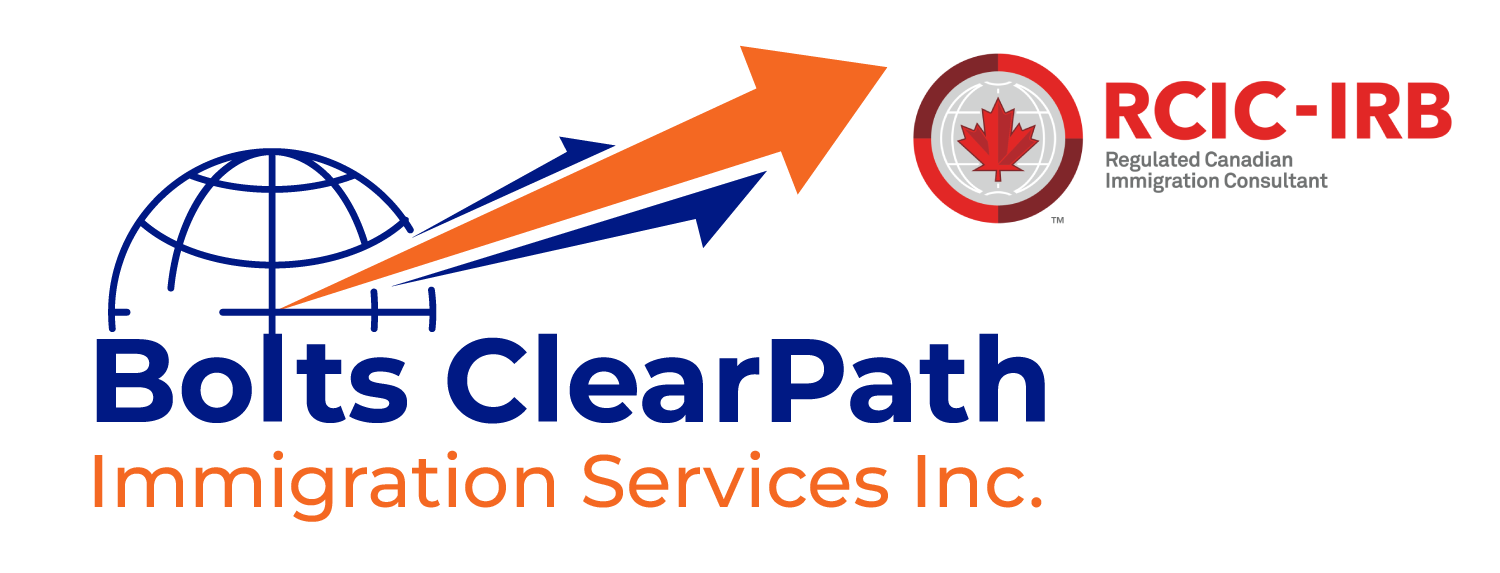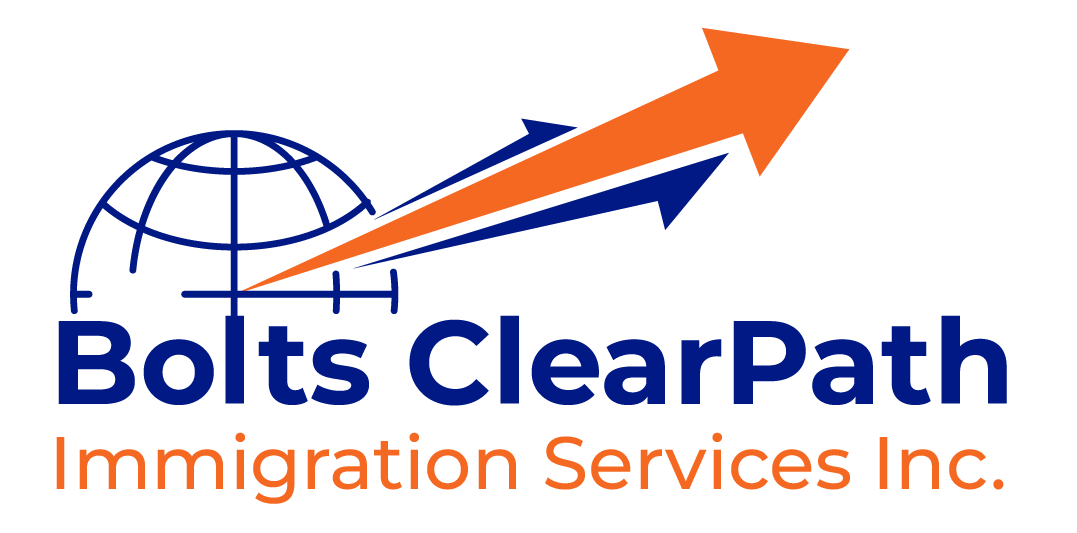If you’re planning to work in Canada under an employer-specific work permit, it’s important to understand the requirements, benefits, and process involved. This type of work permit allows you to work exclusively for a designated employer under specific conditions outlined in your authorization.
What Is an Employer-Specific Work Permit?
An employer-specific work permit, also known as a closed work permit, is issued by Immigration, Refugees, and Citizenship Canada (IRCC). It ties the employee to a specific employer, location, and job role. Unlike an open work permit, you are restricted to working only for the employer listed on your permit.
Key Features of an Employer-Specific Work Permit
- Designated Employer: You are authorized to work solely for the employer named in your permit.
- Job Role and Location: The permit specifies your job title and work location.
- Time Frame: It includes a validity period during which you are allowed to work.
Who Needs an Employer-Specific Work Permit?
This permit is required for individuals who:
- Have a job offer from a Canadian employer who has met specific conditions, such as obtaining a Labour Market Impact Assessment (LMIA), if applicable.
- Are not eligible for an open work permit under programs like the International Experience Canada (IEC) or the Spousal Open Work Permit.
Steps to Secure an Employer-Specific Work Permit
- Obtain a Job Offer Letter
Secure a job offer from a Canadian employer who is willing to hire you. Ensure the offer includes details such as your job role, location, and salary. - Check Employer Compliance
Verify that the employer has complied with Canadian immigration laws, including obtaining an LMIA if required. Some employers may be exempt from this process under specific agreements or programs. - Gather Supporting Documents
Prepare the necessary documentation, including:- Valid passport.
- Job offer letter.
- LMIA approval letter (if applicable).
- Proof of qualifications (education, certifications, or experience).
- Submit an Application
Apply online through the IRCC portal. Complete the work permit application form and upload all required documents. Pay the applicable fees. - Wait for Approval
Processing times vary depending on your country of residence. Monitor the status of your application online.
Benefits of an Employer-Specific Work Permit
- Job Security: Tied to a specific employer, you know your job is secured before arriving in Canada.
- Pathway to Permanent Residency: Work experience gained under this permit may contribute to eligibility for programs like the Canadian Experience Class (CEC) or Provincial Nominee Program (PNP).
- Support from Employers: Designated employers often assist with relocation, housing, and onboarding.
Limitations of an Employer-Specific Work Permit
- Restricted Employment: You can’t switch employers without applying for a new work permit.
- Limited Mobility: You are confined to the location specified in your permit.
- Application Process: Requires additional steps, such as obtaining an LMIA, which may increase processing times.
Transitioning to Other Work Permits
If your circumstances change or you wish to work for a different employer, you must:
- Apply for a new employer-specific work permit.
- Explore eligibility for an open work permit under specific programs.
Securing an employer-specific work permit is a structured process that requires attention to detail and compliance with immigration rules. By understanding the requirements and following the steps outlined above, you can start your journey toward working in Canada with confidence.
Need help with your application? Contact us today for expert guidance and support in navigating the process.


